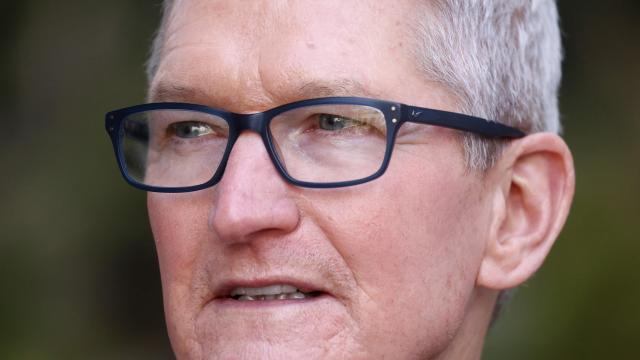The saga of Apple’s supposed mixed reality headset is starting to feel more like a ‘90s sitcom than a major tech release. Every time there’s a new episode, there’s a promise of real change to our beloved characters, and by the end of the episode it’s all undone. We return to where we began, and it starts all over again.
The Cupertino company’s long-rumoured headset that’s supposed to combine both altered and virtual reality capabilities may be facing even more delays, according to oft-cited Apple analyst Ming-Chi Kuo. The renowned Apple analyst has previously maintained that the headset would release in 2022, then said it had slipped to the start of this year. Kuo wrote on Twitter Friday that the odds of a spring release are “decreasing” while there’s a stronger likelihood the headset could launch alongside the planned iPhone 15 in the third quarter of this year.
The prediction for the mass shipment schedule is unchanged, but the likelihood of Apple’s 1st-gen AR/MR headset release at the spring event is decreasing. Meanwhile, the probability of the headset launch alongside iPhone 15 in 3Q23 is rising. https://t.co/jqd0xtbBUs
— 郭明錤 (Ming-Chi Kuo) (@mingchikuo) February 24, 2023
In a Medium blog post, Kuo said some suppliers are becoming concerned about how few shipments there have been of this tech. Pegatron, a Taiwanese manufacturer which aids Apple in making iPads and iPhones, is “gradually withdrawing from Apple’s headset business” and is passing its AR/MR development teams to Luxcaseict, a separate joint venture between electronics manufacturer Luxshare ICT and Pegatron. This hesitancy to jump in on Apple’s AR tech is a worrying sign, according to the Apple analyst, though Pegatron has caught Apple’s ire in the past for alleged student labour violations.
“Despite repeatedly stating that it is optimistic about AR, why can it not make suppliers willing to continue cooperating with Apple to develop this product?” Kuo wrote.
Still, that doesn’t mean there won’t necessarily be different versions of the headset going forward. Luxcaseict is expected to make the pricer second-generation AR headsets, while the tech manufacturing giant Foxconn will handle cheaper sets. Both those devices could see a release in 2025, according to Kuo. That news of cheaper headsets does touch on news first reported last month by The Information and Bloomberg.
Last week, Bloomberg’s Mark Gurman wrote that the MR headset was supposed to be announced this spring. However, that’s now been pushed back to June in time for Apple’s Worldwide Developers Conference. All these delays may have been because of software issues, as analysts like Gurman and Kuo have previously noted.
The first iteration of Apple’s headset is still expected to cost $US3,000 ($4,165) or more, a huge chunk of change that puts it out of the reach of most consumers. According to Kuo, shipments of Apple’s first gen MR headsets have been “extremely low,” and Luxshare ICT isn’t expecting to make much short-term profit. The company still may have to comply with Apple’s offer (it can’t refuse), though, if it wants to make any real profit on its current investment.
